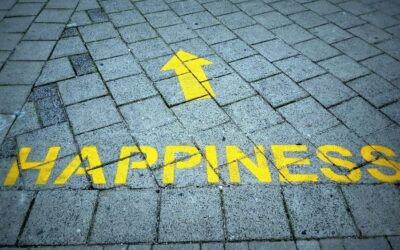Read this excerpt from an article by Harvard Health Publishing to discover how physical activity can serve as a powerful tool for relaxation and stress relief, helping you unwind and maintain emotional balance.

How exercise reduces stress
Exercise reduces stress by lowering levels of stress hormones like adrenaline and cortisol and boosting endorphins, which are natural mood elevators. This neurochemical shift enhances feelings of relaxation and optimism, while the physical improvements from exercise—such as increased strength and stamina—also build confidence and a sense of control, helping you feel more resilient against daily stressors.
Autoregulation exercise and stress relief
Regular exercise, including specific autoregulation techniques, can ease stress by calming both mind and body. Stress produces a range of mental and physical symptoms, creating a cycle where physical discomfort increases mental tension. Autoregulation exercises help interrupt this cycle, encouraging a state of relaxation and control.
Breathing exercise reduces stress
Yoga and deep breathing exercises can effectively reduce stress by promoting relaxation. Practicing controlled breathing, like the sequence below, can mimic a calm state and help relieve stress:
- Breathe in slowly and deeply, pushing your stomach out to engage your diaphragm fully.
- Hold your breath briefly.
- Exhale slowly, thinking “relax.”
- Repeat this sequence five to ten times, focusing on deep, slow breaths.
Deep breathing is simple to learn and can be practiced anywhere, making it an accessible tool for managing stress on the spot.
Mental exercises reduces stress, too
Meditation can be an effective way to counter stress by engaging both mind and body in a relaxation process. To practice meditation, follow Dr. Herbert Benson’s “relaxation response” steps:
- Choose a quiet, private space without distractions, ideally two hours after eating and with an empty bladder.
- Settle into a comfortable position that allows for full relaxation.
- Close your eyes and adopt a relaxed, passive mental state, clearing your mind of worries.
- Focus on a mental device, such as silently repeating a simple word or syllable, or fixating on an object to maintain concentration.
Mastering meditation can offer significant benefits, making it a daily stress-relief ritual worth pursuing.
Progressive muscular relaxation
Progressive muscle relaxation helps release stress by sequentially tensing and relaxing major muscle groups, starting from the face and working down to the feet. This method takes about 12 to 15 minutes, focusing on each muscle group by holding tension for 20 seconds before slowly relaxing, concentrating on the feeling of release. Practicing twice daily can lead to noticeable stress relief within two weeks.
Exercise, health, and stress
Exercise reduces stress by improving physical health and preventing illness, benefiting the mind and body. Aim for 30 to 40 minutes of moderate exercise, like walking, or 15 to 20 minutes of vigorous activity daily, complemented by strength training and stretching a few times weekly. Regular exercise, along with relaxation techniques like deep breathing, supports overall wellness and stress reduction.
Check out the original post for the full content.



